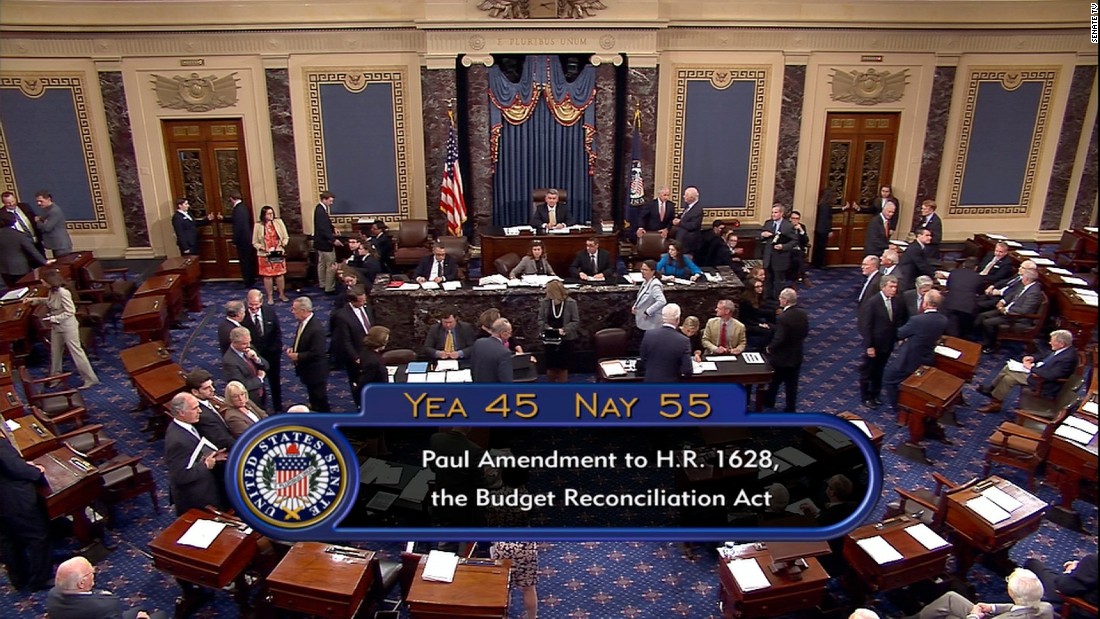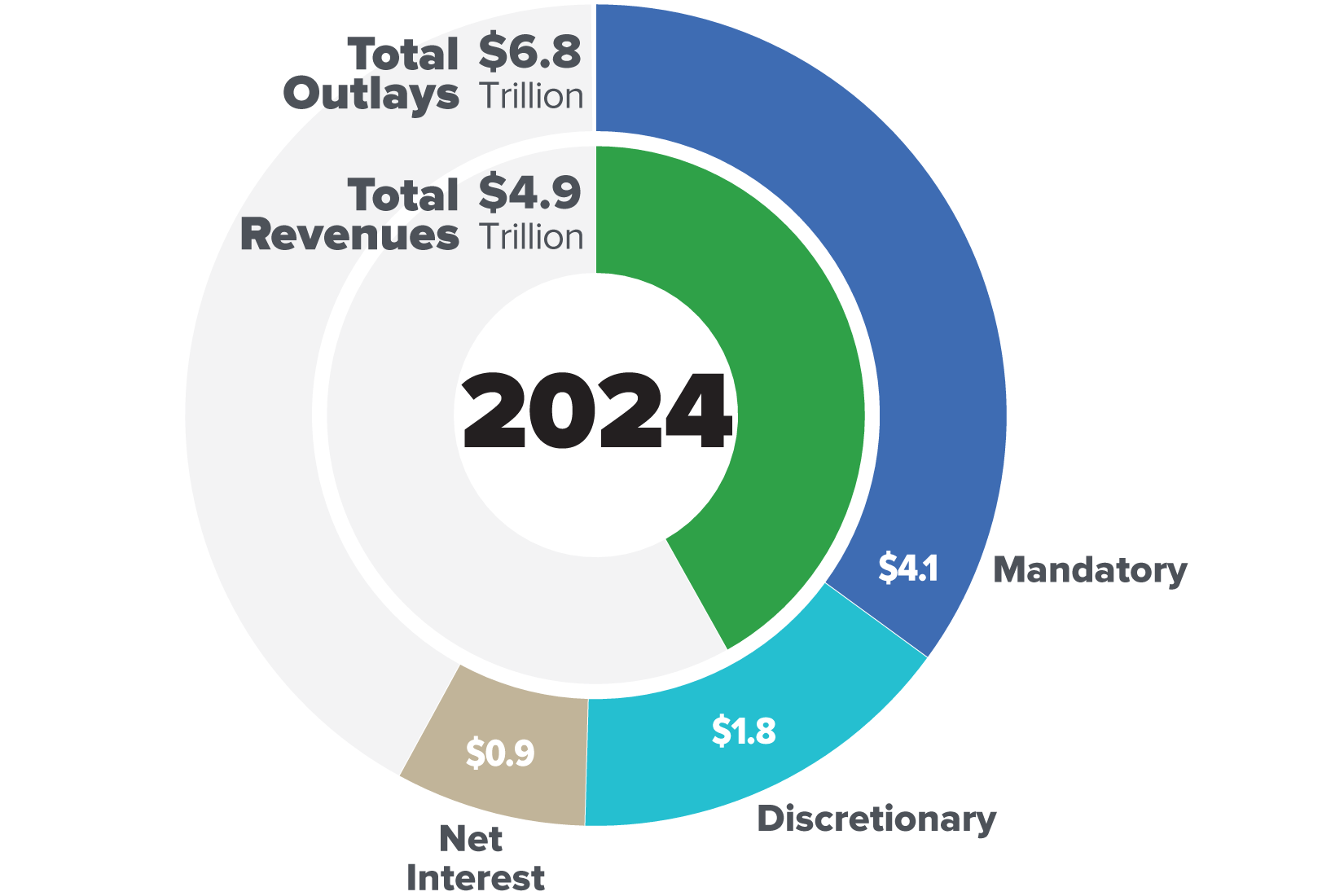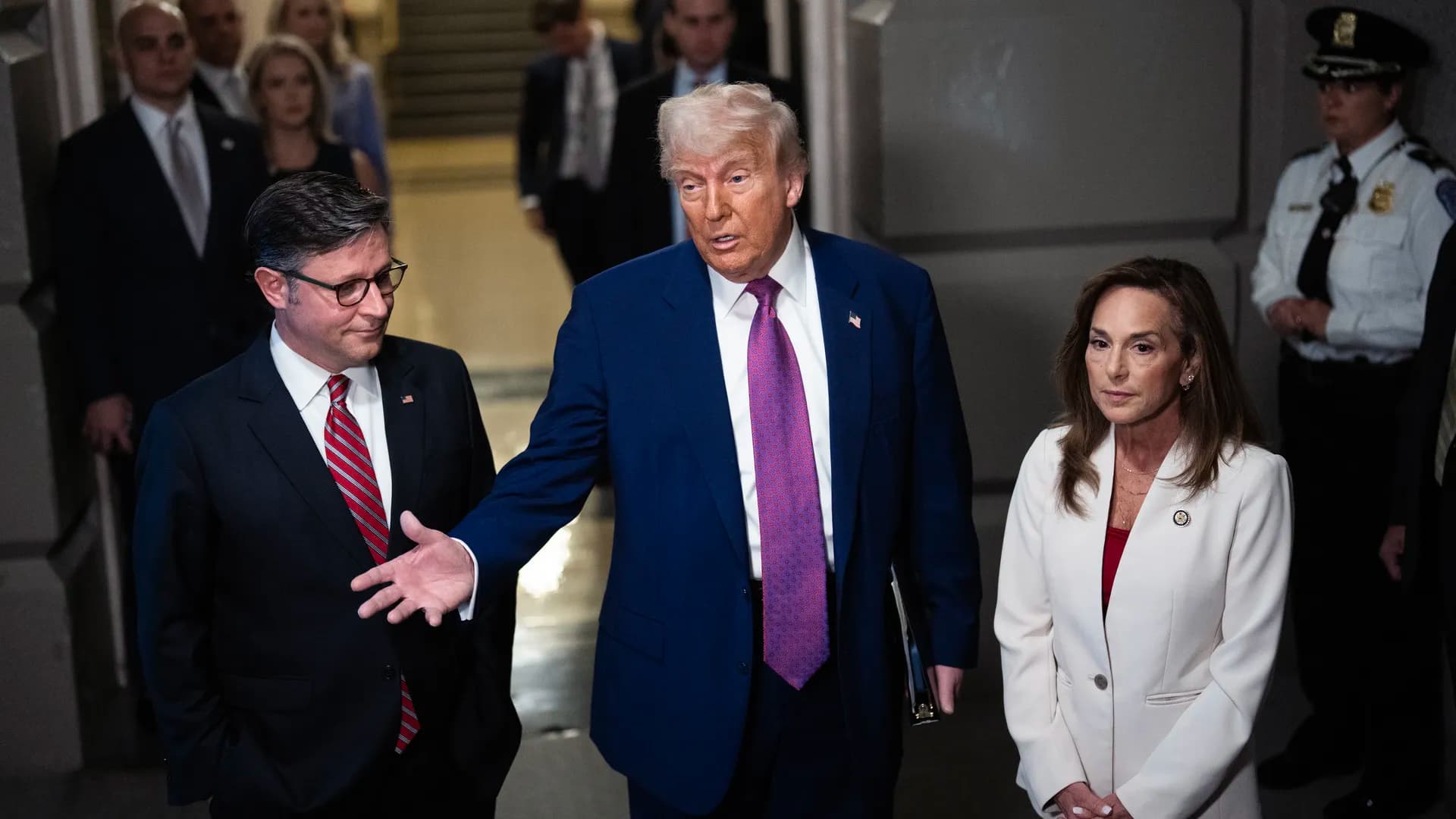Health Insurance Cuts Reach Alarming Levels
As reported by the New York Times, nearly 12 million Americans are projected to lose their health insurance if President Donald Trump"s One Big Beautiful Bill Act is passed. The Congressional Budget Office (CBO) estimates that this sweeping bill could result in a staggering $1 trillion in cuts to healthcare funding, highlighting a blatant disregard for the health and well-being of millions of vulnerable citizens.
Republican Leadership Struggles to Maintain Cohesion
The bill narrowly advanced in the Senate with a 51-49 vote, demonstrating the fracture within the Republican party as they scramble to push this legislation through before a self-imposed July 4 deadline. The defection of Senator Thom Tillis, who cited the harmful financial implications for North Carolina, underscores the internal dissent gripping the GOP. While two Republicans joined Democrats in opposition, the party’s leadership is resorting to coercive tactics to ensure compliance among its members.

Vote to repeal Obamacare fails in Senate - CNN Video
Tax Cuts for the Wealthy at the Expense of Healthcare
Democratic lawmakers have been vocal in their condemnation of the bill, with Senator Mark Warner articulating a stark reality: “This is tax cuts for the wealthiest to end up cutting healthcare, plain and simple.” The bill promises tax cuts for over 80% of Americans, yet the wealthiest individuals will disproportionately benefit, as highlighted by the Brookings Institution. This raises critical questions about the moral implications of prioritizing tax breaks for the affluent while slashing essential services for those who depend on them.
Work Requirements Threaten Medicaid Access
One of the most concerning elements of Trump"s budget bill is the proposed work requirement for adults to qualify for Medicaid benefits. This policy not only stigmatizes those in need but also threatens the very foundation of healthcare access for millions of low-income Americans. As reported by the CBO, this measure aims to force individuals into precarious employment situations, further entrenching poverty rather than alleviating it.

Budget | Congressional Budget Office
Rural Healthcare Faces New Challenges
The bill"s implications extend beyond urban centers, impacting rural hospitals that serve as lifelines for many communities. Despite an increase in the rural hospital relief fund from $15 billion to $25 billion, the overall cuts to Medicaid funding will create a ripple effect that jeopardizes healthcare access in these areas. Senators from rural states express concern, yet the party line remains focused on advancing the bill. The contradiction between rhetoric and reality is striking, as Republicans claim to champion rural America while enacting policies that could decimate healthcare resources.
The urgency of this situation cannot be understated. The Republican party’s push to pass this bill, coupled with the prospect of losing health coverage for millions, represents a pivotal moment in American governance. The broader implications of this legislation are not merely fiscal; they represent a fundamental shift in how we value human life and dignity in the face of economic policy.







![[Video] Gunfire between Iraqi security forces and Sadr militias in Baghdad](/_next/image?url=%2Fapi%2Fimage%2Fthumbnails%2Fthumbnail-1768343508874-4redb-thumbnail.jpg&w=3840&q=75)
